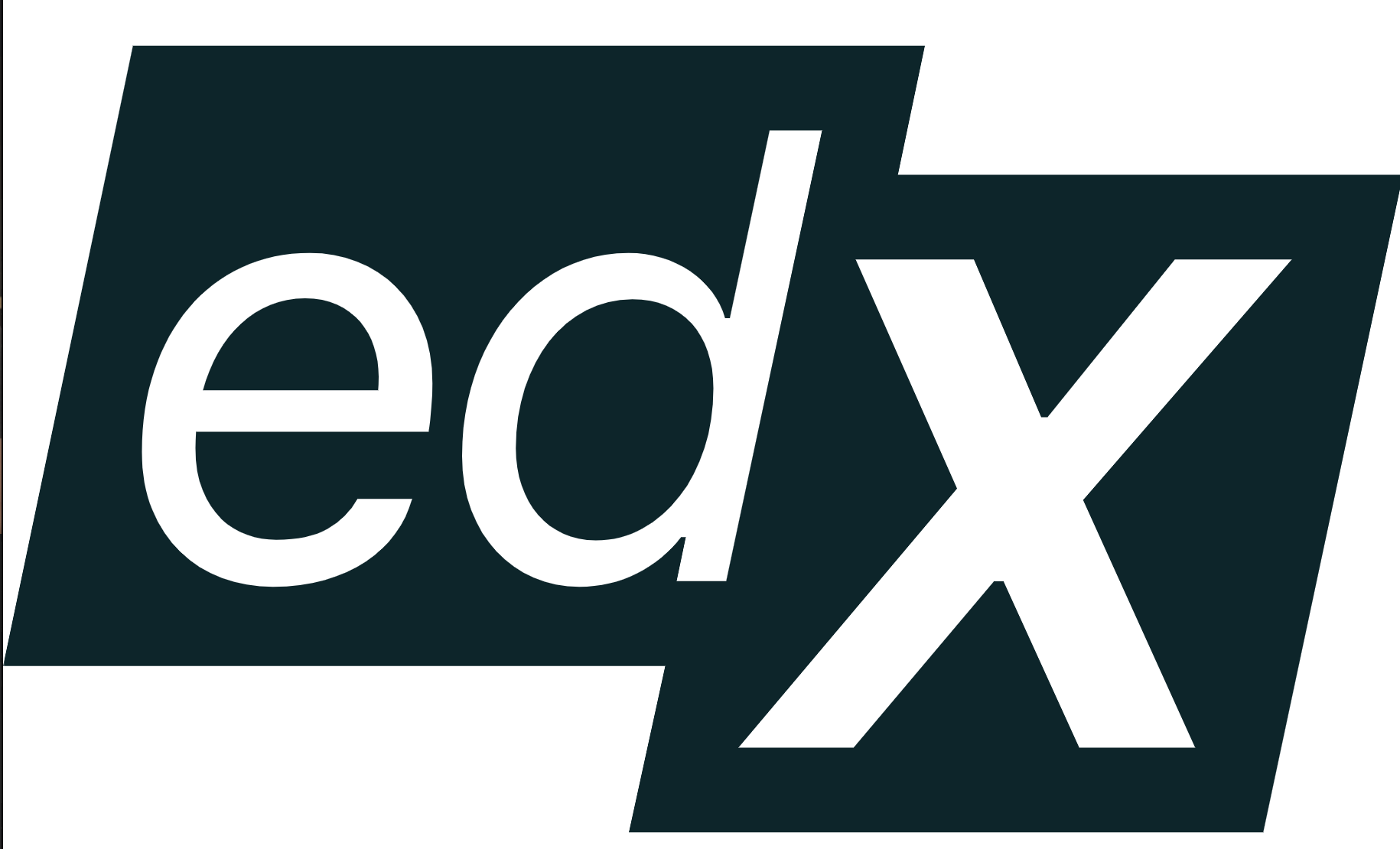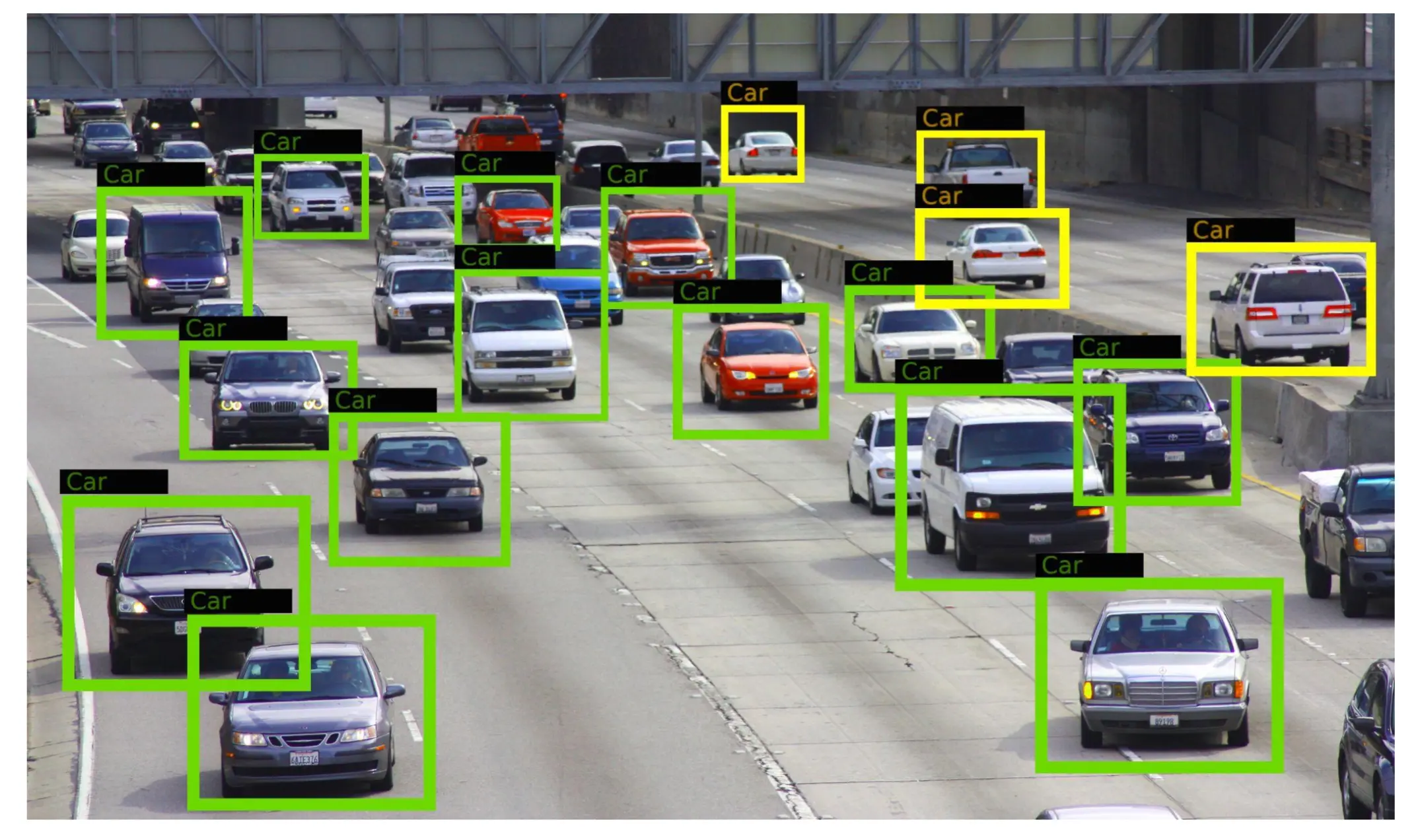- Publication: edX
- Publication Date: September 19, 2023
- Organizations mentioned: edX, Workplace, Intelligence, Fortune 500, Harvard, MIT
- Publication Authors: edX, Workplace Intelligence
- Technical background required: low
- Estimated read time (original text): 15 minutes
- Sentiment score: 68%, somewhat positive
Goal:
EDX, an online learning platform, partnered with Workplace Intelligence, a research firm focused on the future of work, to survey 800 executives and 800 knowledge workers about how AI is impacting their roles and skills needed. The goal was to understand AI’s effects on the workforce and how employers can support skilling.
Methodology:
- Online survey of 1,600 full-time US employees
- 800 executives including over 500 CEOs
- 800 non-executive knowledge workers
- Conducted July 2023, respondents incentivized
Key findings:
- 87% of executives struggle to find talent with AI skills, 77% say AI disrupts their strategy
- 56% of executives think Entry level roles will be partially or fully replaced by AI
- 20% of employees think all or most of their role could be automated, disconnect from executives
- 83% of executives think skilled AI users deserve more pay and promotions
- 72% of executives believe companies should invest more in AI training
- Only 24% of employees use company AI training programs currently
Recommendations:
- Companies should make AI training a priority to retain talent as 39% may leave for better opportunities
- Executives should re-evaluate performance expectations and compensation for AI-skilled staff
- Employees at all levels need to recognize AI’s impacts and proactively develop relevant skills
- Leaders should create new roles focused on AI strategy and implementation
- Businesses should partner with outside experts to develop effective AI education programs
Implications:
- If organizations invest more in AI training, it could lead to higher employee retention and engagement. This would reduce turnover costs and boost productivity.
- However, if companies don’t prioritize reskilling, they may struggle to remain competitive as AI proliferates. At the same time, knowledge workers lacking AI skills could see wages stagnate.
- AI-powered automation may further accelerate the hollowing out of middle-skill routine like jobs. This could worsen inequality if this transition support isn’t provided.
Alternative perspectives:
- The survey may overstate interest in AI training among employees. When faced with actual demands on their time, a smaller proportion of employees may follow through.
- Executives could be overestimating the pace at which AI will transform workplace roles over the next 5 years. Disruption may be more gradual.
- While automation will impact some roles, complementary new roles and tasks may also emerge, absorbing displaced labor at the very same time.
AI predictions:
- Over the next 2 years, more companies will create dedicated AI strategy and implementation roles like Chief AI Officer.
- Employers will increasingly partner with online education providers to offer AI training, rather than build internal programs.
- Use of AI writing tools will rapidly expand beyond communications to assisting tasks like data analysis, research, and report generation.
Glossary
- Generative AI: AI technologies like large language models that can generate original content and outputs, not just analyze data.
- Prompt engineering: Crafting effective prompts to get useful results from generative AI systems.
- Knowledge workers: Employees focused on knowledge creation and analysis vs. manual tasks, such as programmers, analysts, etc.
- C-suite: Executive-level leadership roles like CEO, CFO, CTO.
- Entry-level knowledge workers: Employees new to knowledge-focused roles, often right after graduating college.
- Outcomes-based learning: Education programs focused on achieving specific skills and competencies vs. just completing courses.
- AI-powered tools: Software and apps enhanced by or incorporating AI capabilities like machine learning algorithms.
- AI strategy: An organization’s plans and approach for adopting and utilizing AI technologies.
- Chief AI Officer: An executive position focused on overseeing an organization’s AI strategy.
- AI implementation: The process of integrating AI systems into business operations and workflows.
Members also get access to our comprehensive database of AI tools and fundraising



 Join hosts Anthony, Shane, and Francesca for essential insights on AI's impact on jobs, careers, and business. Stay ahead of the curve – listen now!
Join hosts Anthony, Shane, and Francesca for essential insights on AI's impact on jobs, careers, and business. Stay ahead of the curve – listen now!


